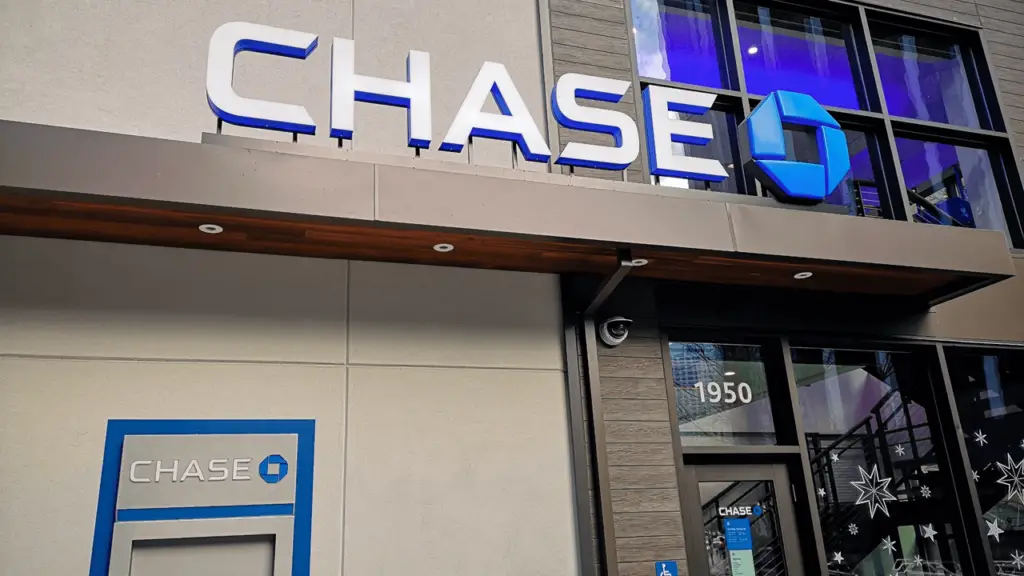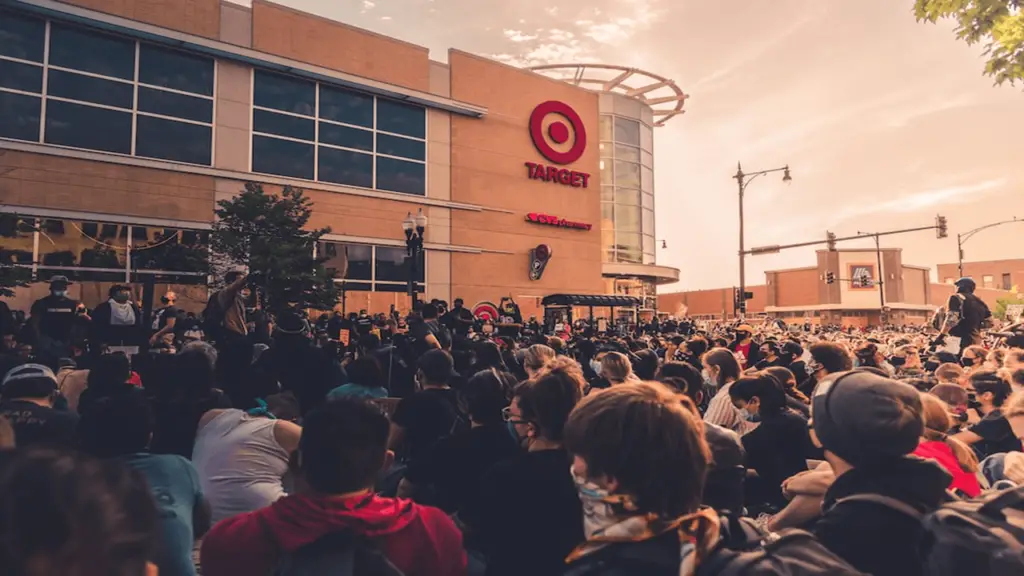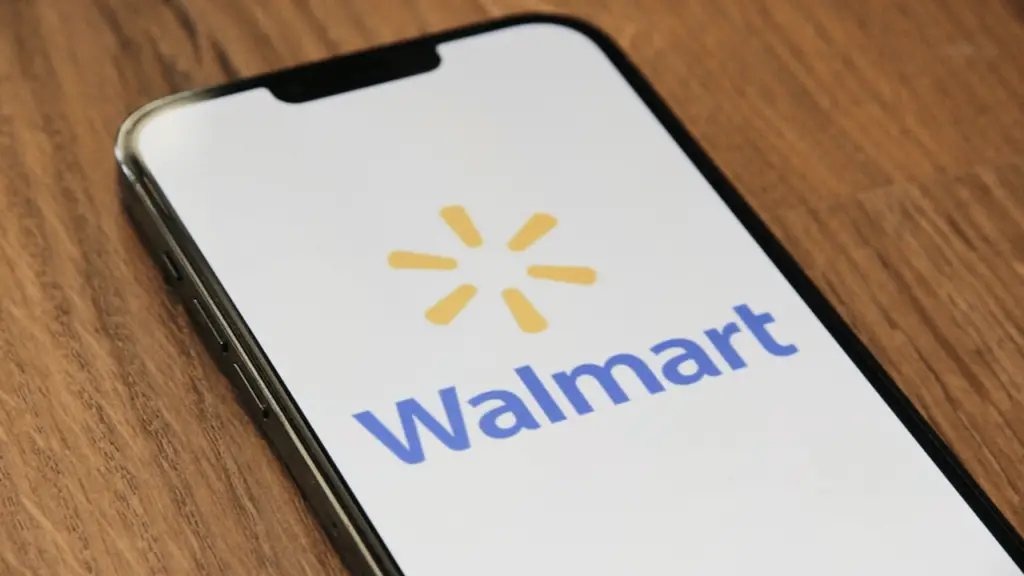
The importance of notarization cannot be overstated, as certain documents require a notary seal to be considered credible. In order to obtain this seal, it is vital to have access to reliable notary services when needed.
A notary public is a government-appointed official who serves as an objective, impartial, and independent third-party witness to the signing of important documents. Their role is to evaluate the signer and oversee the signing process to ensure that it is done willingly and without coercion.
Once the document has been signed, the notary public will append their signature and attach a seal to the document, helping to deter fraud and confirm the proper execution of the document.
Overall, the role of a notary public is essential in helping to ensure the authenticity and credibility of important documents.
Whether you need to have a document notarized for personal or business purposes, a notary public can provide the necessary verification and certification to make your document legally recognized.
Let’s explore how Chase Bank Notary Service works and how much the fee is.
Does Chase Bank Offers Notary Services to its Client?
Chase Bank offers notary services to its customers at no cost at most of its branches. This means that if you have an account with Chase, you can visit a nearby branch and have your documents notarized for free. It doesn’t matter what type of account you have with Chase – whether it’s a checking account, savings account, or credit card – you are eligible to use the bank’s notary services.
However, it’s important to note that not all Chase branches have a notary public on-site at all times. Some branches may only have a notary available on certain days of the week, while others may have irregular business hours. To ensure that you can get your documents notarized when you need to, it’s a good idea to call your local Chase Bank ahead of time to confirm the availability of notary services and the types of documents that can be notarized.
Once you have confirmed that a notary public is available and that your documents are suitable for notarization, you can visit the branch with your documents, a government-issued photo ID, and an individual who needs to sign the document.
The notary public at the bank will witness the signing of the documents, verify the signatures, and apply their official inked stamp or crimping embosser seal to authenticate and make the document official.
How much Fee does the Notary charge from its Clients?
Notaries generally charge a fee for each notarial act that they perform, such as witnessing the signing of a document or administering an oath. The fees that notaries charge can range from $2 to $20 per signature or per page, depending on the location and the specific notary’s fees.
If you need to have multiple documents notarized, the cost can add up quickly. However, you may be able to save money by finding a place that offers free notary services. For example, many banks, including Chase Bank, offer notary services to their customers at no cost. If you are an account holder at a bank that offers notary services, you may be able to have your documents notarized for free, saving you the cost of paying for these services elsewhere.
While you may not save a significant amount of money by having your documents notarized at your bank, every little bit can help, especially when it comes to building your emergency fund or achieving other financial goals. If you need to have documents notarized, it’s worth considering taking advantage of free notary services at your bank or other financial institution to save a few dollars.
It is unclear whether Chase Bank’s free notary services are also available to non-customers. In the past, the bank has indicated that it offers free notary services to both customers and non-customers, but this information is not currently listed on the bank’s website. If you are a non-customer who is interested in using Chase’s notary services, it may be worth contacting the bank or visiting a local branch to inquire about availability and any potential fees that may apply.
List of Documents that can be Notarized
Following are the documents that are usually notarized:
- Affidavits: A sworn written statement made under oath, typically used as evidence in court.
- Deeds: A legal document that transfers ownership of the real estate.
- Durable powers of attorney: A document that allows an individual to appoint someone else to handle their financial and legal affairs in the event that they are unable to do so themselves.
- Living wills and healthcare powers of attorney: Legal documents that outline an individual’s wishes for end-of-life care and appoint someone to make healthcare decisions on their behalf if they are unable to do so.
- Marriage licenses: A document issued by the government that allows two people to legally marry.
- Permission to travel with a minor: A document that gives permission for a minor to travel with an adult who is not their parent or legal guardian.
- Property sales agreements: A contract that outlines the terms of a property sale, including the price and any conditions.
- Real estate documents: Legal documents related to the ownership, transfer, and use of real estates, such as deeds and mortgage documents.
- Wills: A legal document that outlines how an individual’s assets should be distributed after their death.
This is not an exhaustive list, as there may be other types of documents that require notarization in certain circumstances. It is always a good idea to consult with a legal professional or the organization that is requesting the document.
How to Find a nearby Chase Bank Notary?
Finding a nearby Chase notary is a simple process that can be accomplished in a few steps. Here’s how to do it:
- Locate a nearby Chase branch: The first step in finding a nearby Chase notary is to locate a Chase branch in your area. You can use the Chase website or app to find a branch near you. Simply enter your zip code or city and state, and the website or app will show you a list of nearby branches.
- Call ahead to confirm notary availability: Once you have located a nearby Chase branch, it’s a good idea to call ahead to confirm that a notary is available. Some branches may only have a notary available on certain days of the week or during specific hours, so it’s important to check ahead of time to make sure you can get your documents notarized when you need to.
- Visit the branch: Once you have confirmed that a notary is available at the branch you have located, you can visit the branch in person to have your documents notarized. Be sure to bring your documents, a government-issued photo ID, and any other person who needs to sign the documents with you.
- Complete the notarization process: The notary at the branch will witness the signing of your documents, verify the signatures, and apply their official inked stamp or crimping embosser seal to authenticate and make the document’s official. Once the notarization process is complete, your documents will be ready to use.
What is the Timing of chase Bank Notary Service?
It’s important to note that notary hours at Chase may differ from regular branch hours. While most Chase branches are open until 5 pm on weekdays and have varying hours on Saturdays, notary services may not be available during the entire duration of these hours. It is always a good idea to call ahead and confirm the availability of a notary and their hours of operation before visiting a Chase branch for notary services.
Additionally, it is worth noting that not all Chase branches offer notary services. Some branches may have a notary available on certain days of the week or during specific hours, while others may not have a notary at all. To find a Chase branch that offers notary services, you can use the Chase website or app to locate a nearby branch and then call ahead to confirm that a notary is available.
How to Make a Notary Appointment at Chase Bank
Making a notary appointment at Chase Bank is simple and convenient. Here’s how to do it:
- Find a Chase Bank branch that offers notary services: You can use the Chase Bank website or app to search for a location near you or call the bank to confirm that a specific branch offers notary services.
- Contact the branch to make an appointment: You can call the branch directly to schedule an appointment or use the Chase Bank website or app to request an appointment online.
- Prepare your documents: Before your appointment, be sure to have all of the documents that you need to be notarized ready and organized. You should also bring a valid government-issued ID, such as a driver’s license or passport, to your appointment.
- Attend your appointment: Arrive at the branch at the designated time for your appointment. Be prepared to wait, as there may be other customers ahead of you.
- Complete the notarization process: The notary public at the bank will review your documents and witness your signature. They will then stamp and sign the documents to confirm that they have been notarized.
What are the Different Types of Notarization Chase Bank Offers?
Chase Bank offers a variety of notary services to its customers. Some of the different types of notarization that may be available at Chase include:
- Acknowledgment: An acknowledgment notarization confirms that the person signing the document is who they claim to be and that they are signing the document of their own free will.
- Jurat: A jurat notarization confirms that the person signing the document has sworn to or affirmed the truth of the contents of the document.
- Copy certification: A copy certification notarization confirms that a copy of a document is a true and accurate copy of the original.
- Oath or affirmation: An oath or affirmation notarization involves the person signing the document swearing or affirming that the information contained in the document is true.
- Witnessing: A witnessing notarization involves the notary watching the person sign the document and then verifying that the signature is genuine.
The specific type of notarization that is required will depend on the purpose of the document and the requirements of the organization requesting it. If you are unsure which type of notarization is required for your documents, it is a good idea to consult with a legal professional or the organization requesting the document.
Does Chase Bank offer Notary Services on Sunday?
It is possible that some Chase branches may offer notary services on Sundays, but it is not guaranteed. The availability of notary services at Chase branches can vary based on location, so it is always a good idea to call ahead to confirm that a notary is available on Sunday at the branch you plan to visit.
If you need to have documents notarized on Sunday and are unable to find a Chase branch that offers notary services, there may be other options available to you. Some independent notaries may offer services on Sunday, or you may be able to find a bank or other financial institution that offers notary services on Sunday. It is always a good idea to call ahead to confirm availability and any fees that may apply.
Final Thoughts
In conclusion, Chase Bank’s notary service is a convenient and cost-effective option for those in need of notarization services. As a Chase customer, you can access these services for free at most branches, making it an easy and hassle-free way to get your documents notarized. However, it is always a good idea to call ahead and confirm the availability of a notary and any other requirements or fees that may apply.
Additionally, if you have many documents to notarize or need to have your documents notarized on a specific schedule, it may be helpful to set up an appointment with a notary at a Chase branch. Overall, Chase’s notary service is a valuable resource for those in need of notarization services.
Overall, the role of a notary public at Chase Bank is to ensure the authenticity and integrity of important documents by acting as a neutral, unbiased witness to their signing. They help to confirm the identity of the signer and verify that the document has been signed willingly and without coercion.




